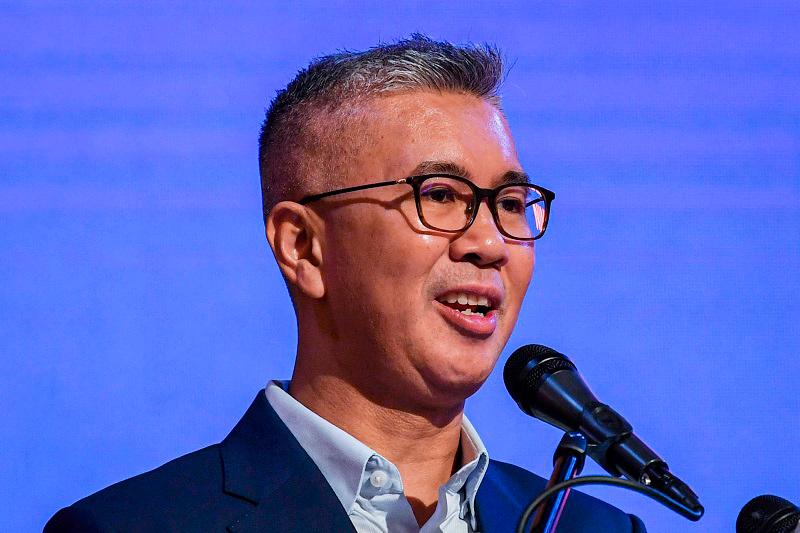KUALA LUMPUR: The theme of the 31st Asia-Pacific Economic Cooperation (APEC) Economic Leaders’ Week (AELW) 2024, “Empower, Include, Grow”, aligns with ASEAN’s 2025 theme of “Inclusivity and Sustainability” which Malaysia will chair next year.
Investment, Trade and Industry Minister Tengku Datuk Seri Zafrul Abdul Aziz said the APEC theme is highly relevant to current global trends and holds significant importance for Malaysia as well.
“If you look at the 21 member economies of APEC, we’re all navigating a period of economic uncertainty.
“We’ve seen the two economic superpowers having challenges as well, which can impact economic cooperation and integration. (To me), this is why we have platforms such as APEC as they allow us to discuss issues and challenges that we face together,” he said.
Tengku Zafrul said this in an interview with The Heat, under the China Global Television Network (CGTN) America. The gist of the interview was posted on his X platform today.
He noted that the APEC member economies represent a population of around three billion people, nearly 30 per cent of the global population. It constitutes almost 60 per cent of global gross domestic product (GDP) and facilitates nearly 50 per cent of global trade.
“For us, what we want to see for a small country like Malaysia, a Western trading nation, we want to see economies become more integrated because we believe integration promotes inclusivity.
“We want to see global growth that benefits many countries, particularly less developed and developing countries, and that this growth is inclusive, sustainable, and resilient. Hence, we must ensure that growth is also equitable, and this can only be achieved through greater economic integration,“ he added.
Tengku Zafrul said ASEAN, as a group of six APEC member economies -- Malaysia, Indonesia, Singapore, Thailand, the Philippines, and Vietnam -- represents a significant economic force. With a combined GDP of US$3.8 trillion (US$1=RM4.44), ASEAN is currently the fifth-largest economic bloc.
The region is home to 680 million people and is growing at a rate of four per cent to five per cent. At this pace, ASEAN is on track to become the fourth-largest economic bloc in the world by 2030.
“Even within ASEAN, we want to see more integration. If you look at trade within ASEAN, it’s less than 25 per cent among ASEAN countries. Of course, we have major trading partners (such as) the United States and China, which are the two largest trading partners for all ASEAN countries and for ASEAN itself,” he said.
In addition, Tengku Zafrul said similarly, APEC must also strive for greater integration to ensure that growth is inclusive for all.
“When we talk about inclusive growth, it’s not just about benefitting large companies or multinationals. It must be equitable, involving small and medium enterprises, youth, and women entrepreneurs.
“At this year’s APEC, we will be discussing to ensure that we have the digital and green platform because we want to have market access for all segments of businesses,” he added.









